
Aug 8, 2022 | Blog, Dyslexia, Neurodiversity
When you hear the word “Dyslexia,” odds are you have an idea in your head of what it means, but there is so much more than meets the eye. So, what exactly is Dyslexia? International Dyslexia Association defines Dyslexia as a specific learning disability that is...
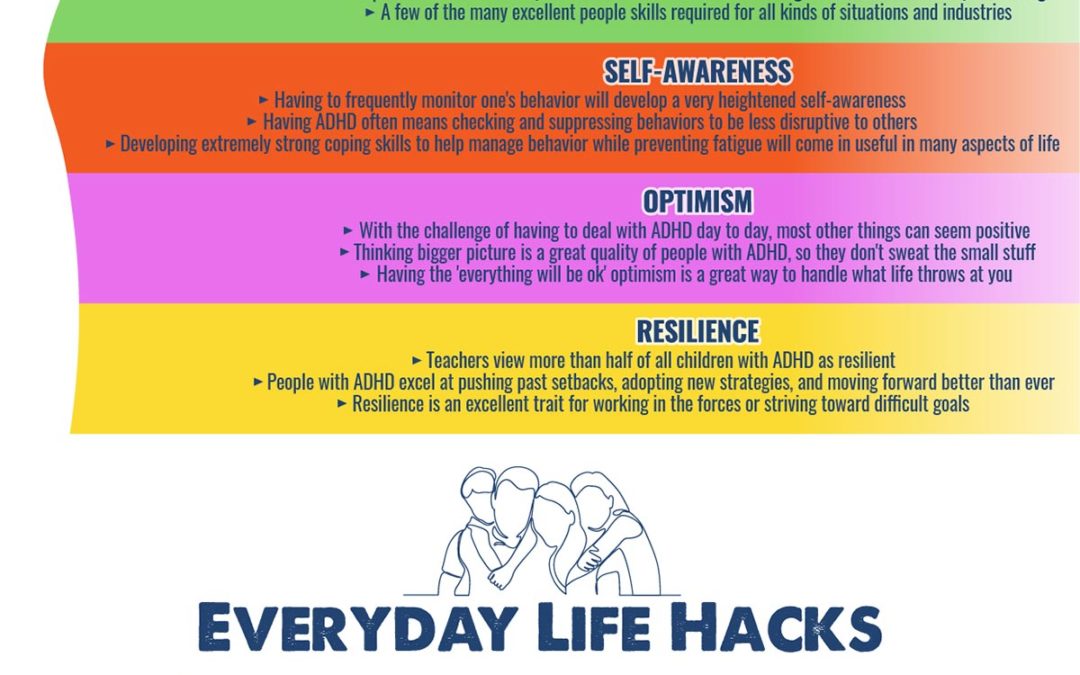
Jan 27, 2022 | ADHD, Resources
Attention-Deficit Hyperactivity Disorder (ADHD) is a neurological disorder. Adults and children diagnosed with ADHD may have difficulty focusing, get hyperactive, and experience uncontrollable impulses. But these traits don’t have to be seen as problems, in...
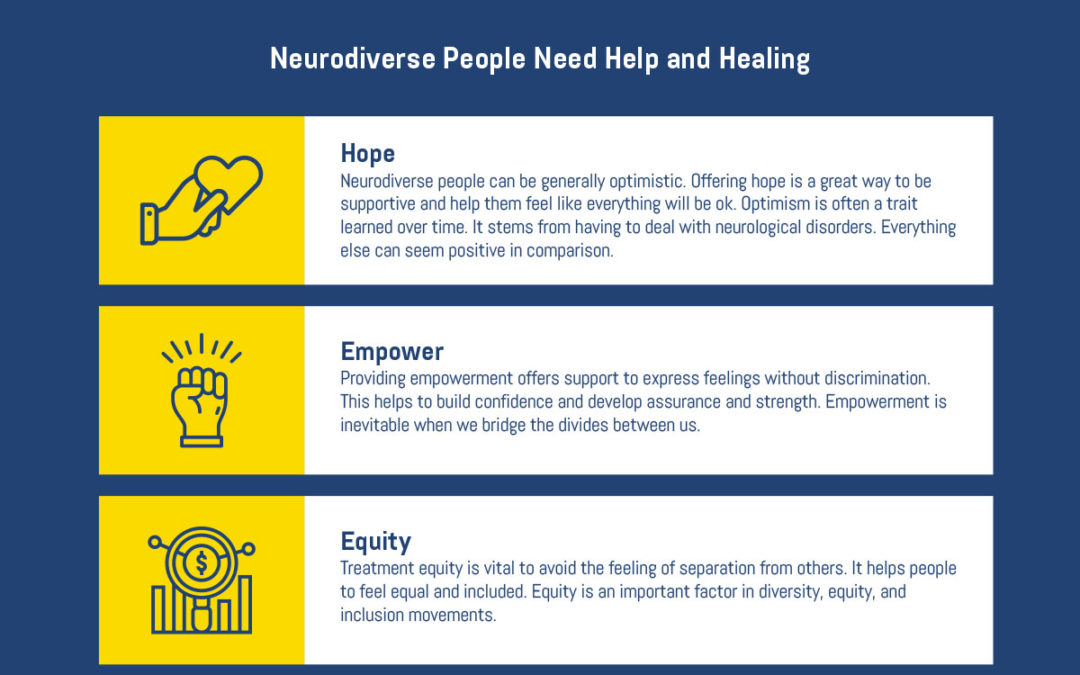
Jan 27, 2022 | Neurodiversity, Resources
B.R.I.D.G.E. – Emerge ND Confidently Trauma is the emotional response to a distressing event. This can include the death of a loved one, an accident, or a natural disaster. Neurodiversity-related trauma comes in many forms. It may be heightened or suppressed due to a...
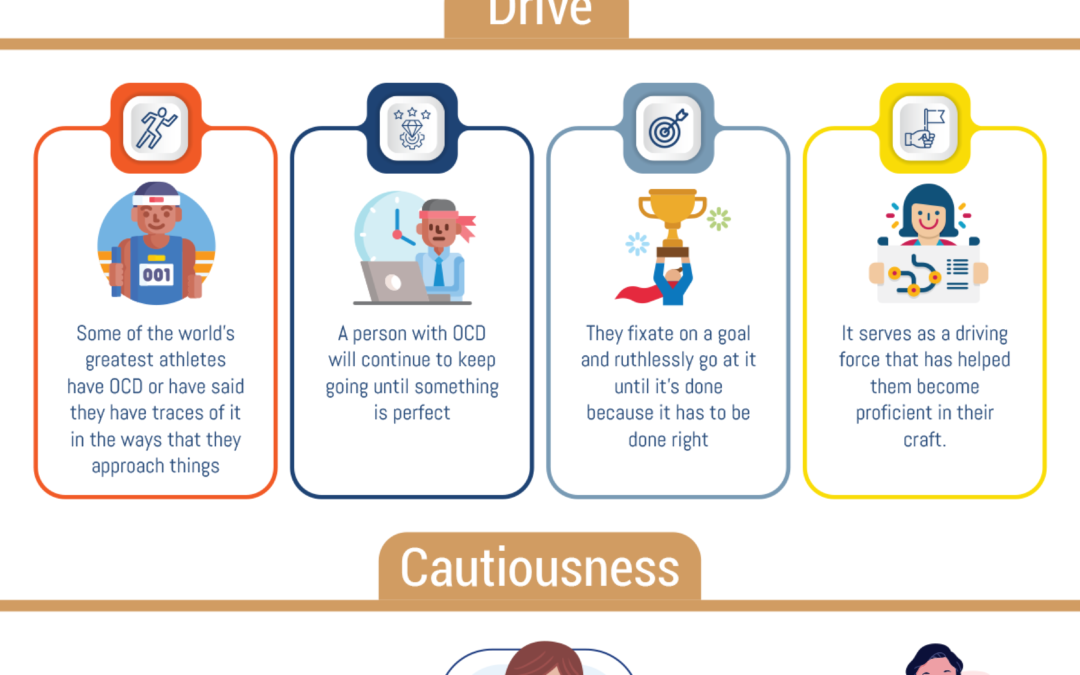
Jan 22, 2022 | OCD, Resources
Obsessive-compulsive disorder (OCD) is a mental illness that causes repeated unwanted thoughts or sensations (obsessions) or the urge to do something over and over again (compulsions). Most people focus only on the negatives, though in reality, there are many...
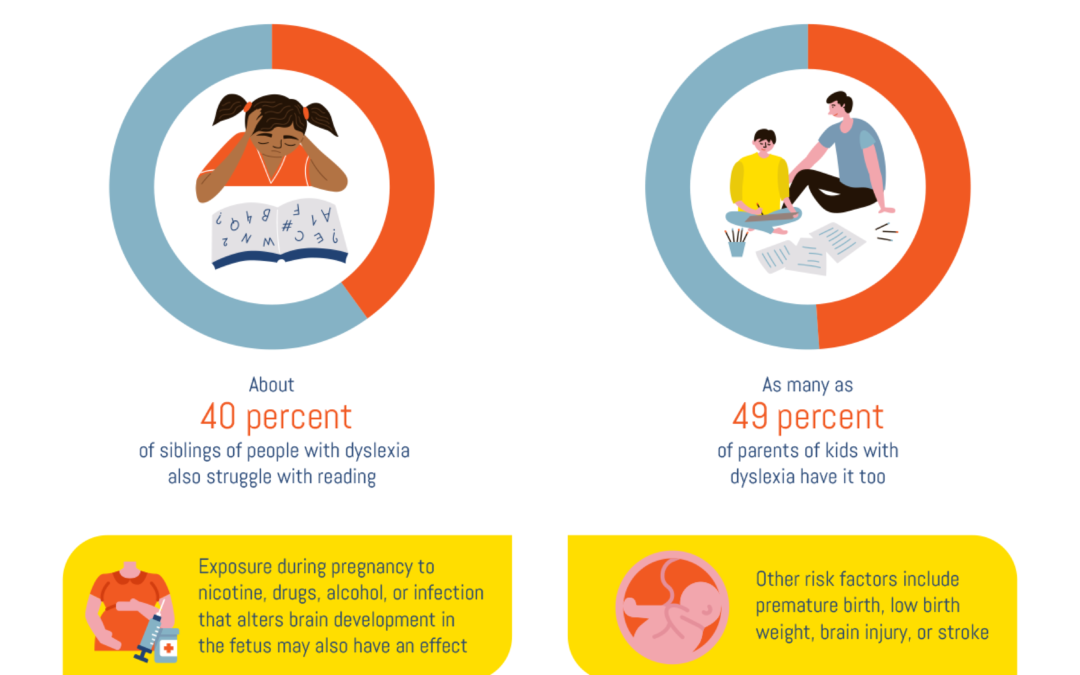
Jan 22, 2022 | Dyslexia, Resources
Dyslexia is defined by the International Dyslexia Association as a specific learning disability that is neurological in origin. While dyslexia can make reading more difficult, there are strategies that can help people improve their reading skills and manage the...
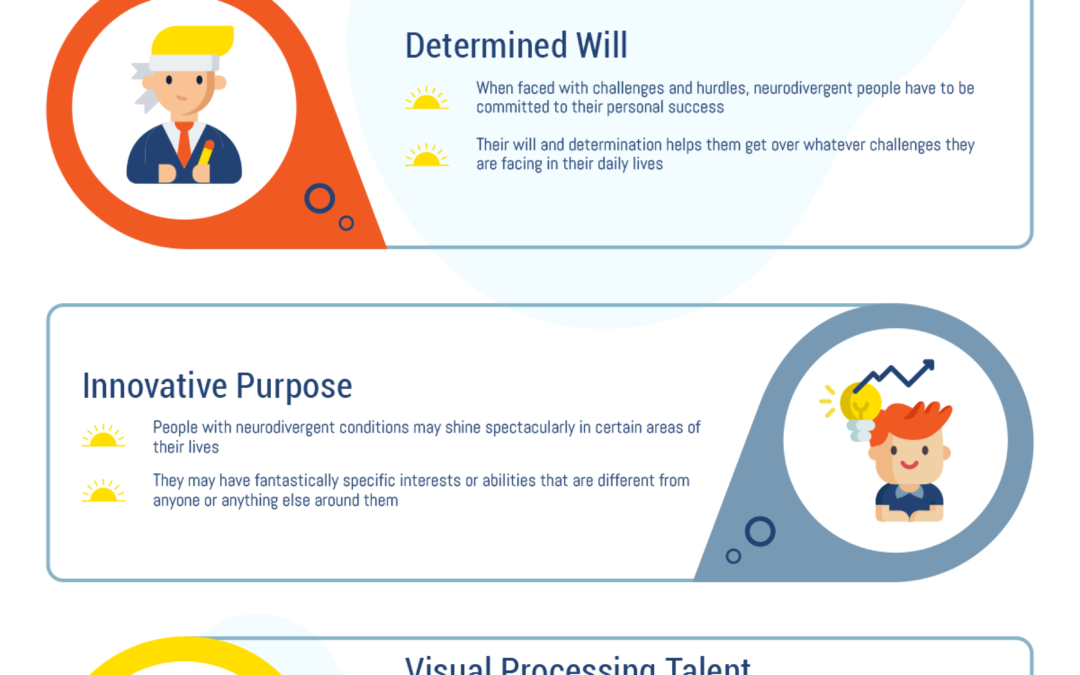
Jan 22, 2022 | Neurodiversity, Resources
Having a neurodivergent perspective and experience can offer a lot of real-world benefits. See more about what that looks like here. Numeric Expertise The ability to recognize patterns means that individuals with autism perform exceptionally well on trigonometry and...







